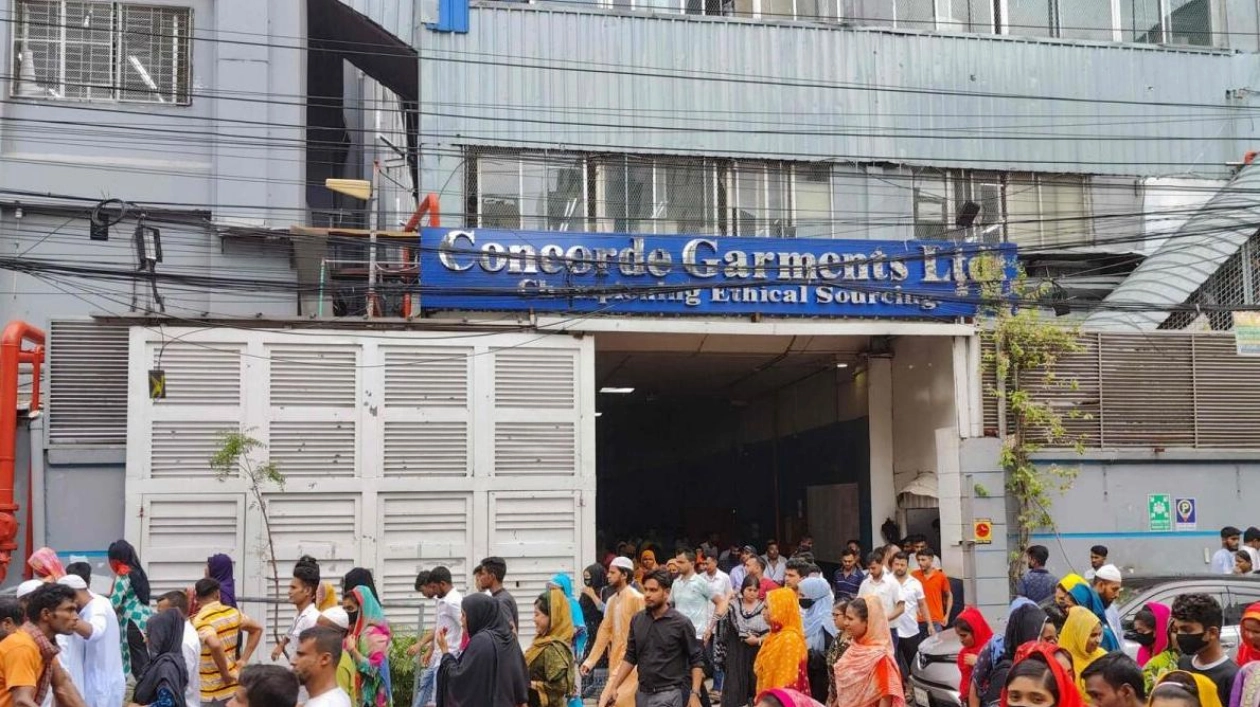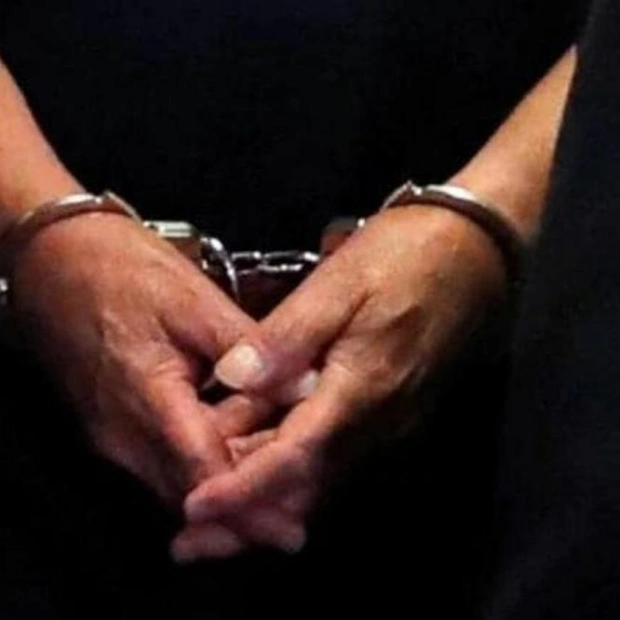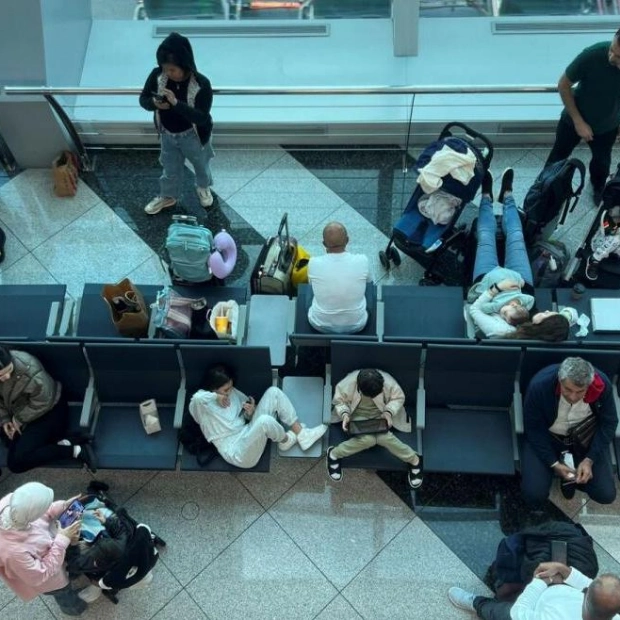On Wednesday, garment factories and banks in Bangladesh resumed operations after the authorities relaxed a curfew that was imposed to control deadly clashes triggered by student protests over civil service employment quotas. According to an AFP tally based on police and hospital reports, the violence last week claimed at least 186 lives, marking some of the most severe unrest during Prime Minister Sheikh Hasina's administration. Thousands of troops are now patrolling cities across the country to maintain order, and most Bangladeshis continue to face internet restrictions, nearly a week after a nationwide shutdown was enforced. However, as calm has returned to the streets following days of chaos, Bangladesh's economically crucial textile factories have restarted operations with government approval.
"We were concerned about the future of our company," said 40-year-old factory worker Khatun, who only provided one name. Despite the disruptions, Khatun expressed support for the student protesters' demands for reform in government hiring practices and was appalled by the recent violence. "The government should fulfill all their demands," she stated. "Many were killed; they made sacrifices for future generations."
The garment industry, which contributes $50 billion annually to Bangladesh's export revenue and employs millions of young women sewing clothes for global brands like H&M, Zara, and Gap, has seen factories reopen nationwide. Prime Minister Hasina's home minister, Asaduzzaman Khan, has exempted textile workers from the ongoing curfew to facilitate their return to work. The curfew has been eased to allow limited commerce but remains in effect for 19 hours daily for most citizens. Banks, the stock exchange in Dhaka, and some government offices have also resumed operations between 10am and 3pm to coincide with the daily relaxation of the stay-home order.
The student group leading the recent protests has suspended demonstrations until at least Friday, with a leader stating they did not want reform "at the cost of so much bloodshed." Information Minister Mohammad Ali Arafat expressed shock over the deaths and announced a judicial inquiry to investigate the origins of the protests and hold those responsible for violence accountable. Police have arrested at least 2,500 individuals since the start of the violence. As the situation improves, the government plans to further relax the stay-home order. Broadband internet has been gradually restored, but mobile internet, crucial for protest organizers, remains unavailable. Internet connectivity in Bangladesh is currently at around 20% of normal levels.
With approximately 18 million young people unemployed in Bangladesh, the reintroduction of the quota system in June, which had been halted since 2018, has deeply troubled graduates facing a severe jobs crisis. Critics argue that the quota system is used to fill public jobs with loyalists to Hasina's Awami League. The Supreme Court reduced the number of reserved jobs but did not meet the protesters' demand to abolish the quotas entirely. Hasina, who has been in power since 2009, secured her fourth consecutive term in January after an election without genuine opposition.






